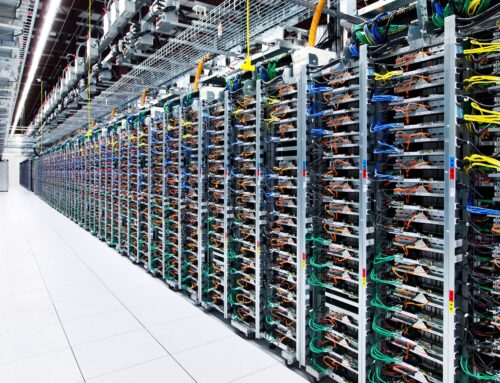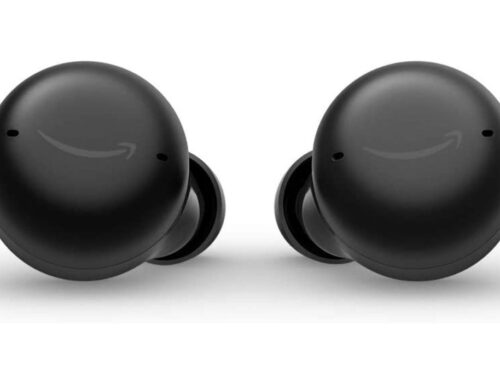Jeff Bezos Predicts We’ll Have Gigawatt Data Centers in Space in 20 Years
October 3, 2025
Don’t miss out on our latest stories. Add PCMag as a preferred source on Google.
As major tech companies race to build massive data centers for next-generation AI, Amazon founder Jeff Bezos is looking further ahead, with plans to one day place data centers in space.
At Italian Tech Week 2025, Bezos was asked to predict what the world might look like in the years to come. In response, the billionaire discussed his rocket company, Blue Origin, before talking about the construction of data centers in Earth’s orbit.
“It’s hard to know exactly when—it’s 10 plus years, but I bet it’s not more than 20 years—we’re going to start building these giant gigawatt data centers in space,” he said.
The idea may sound far-fetched. However, others, including startup Lumen Orbit, have also discussed operating data centers from orbit, citing the abundant solar energy and cooling capabilities. Bezos mentioned the same energy benefit.
“So these giant training clusters, those will be better built in space because we have solar power there, 24/7. And the solar power there, there are no clouds, no rain, no weather,” he added. “We will be able to beat the cost of terrestrial data centers in space in the next couple of decades.”
Orbital data centers could also help address the soaring energy costs associated with building them on Earth. OpenAI, Meta, and Elon Musk’s xAI are all planning to erect massive data centers across the US, which will require multiple gigawatts of energy and the construction of numerous new power plants. (For perspective, the Hoover Dam generates about 2 gigawatts.)
Presumably, the same data centers could beam data back and forth using lasers. However, launching and operating them from orbit is easier said than done. Bezos is essentially betting that Blue Origin will one day have reusable rockets large enough to haul data centers into space. Currently, the company’s heavy-lift launch vehicle, New Glenn, is still preparing for its second launch; the craft has also not yet achieved a successful booster landing.
Still, Bezos is predicting we won’t just have data centers in space, but people living there as well. “In the next kind of couple of decades, I believe there will be millions of people living in space. That’s how fast this is going to accelerate,” he said.
About Our Expert

I’ve been a journalist for over 15 years. I got my start as a schools and cities reporter in Kansas City and joined PCMag in 2017, where I cover satellite internet services, cybersecurity, PC hardware, and more. I’m currently based in San Francisco, but previously spent over five years in China, covering the country’s technology sector.
Since 2020, I’ve covered the launch and explosive growth of SpaceX’s Starlink satellite internet service, writing 600+ stories on availability and feature launches, but also the regulatory battles over the expansion of satellite constellations, fights with rival providers like AST SpaceMobile and Amazon, and the effort to expand into satellite-based mobile service. I’ve combed through FCC filings for the latest news and driven to remote corners of California to test Starlink’s cellular service.
I also cover cyber threats, from ransomware gangs to the emergence of AI-based malware. Earlier this year, the FTC forced Avast to pay consumers $16.5 million for secretly harvesting and selling their personal information to third-party clients, as revealed in my joint investigation with Motherboard.
I also cover the PC graphics card market. Pandemic-era shortages led me to camp out in front of a Best Buy to get an RTX 3000. I’m now following how President Trump’s tariffs will affect the industry. I’m always eager to learn more, so please jump in the comments with feedback and send me tips.
-
In Japan, Asahi Beer Is Running Out After Ransomware Attack Cripples IT Systems
-
Use Gmail for Third-Party Email? POP3 Support Is Ending
-
OpenAI’s Sora Bans Deepfakes of Public Figures, Except for Dead Celebrities
-
SpaceX Revives $299 Deal for Starlink Mini Dish
-
How Safe Is Your Facial Data With OpenAI’s Sora App?
-
More from Michael Kan
Search
RECENT PRESS RELEASES
Related Post








